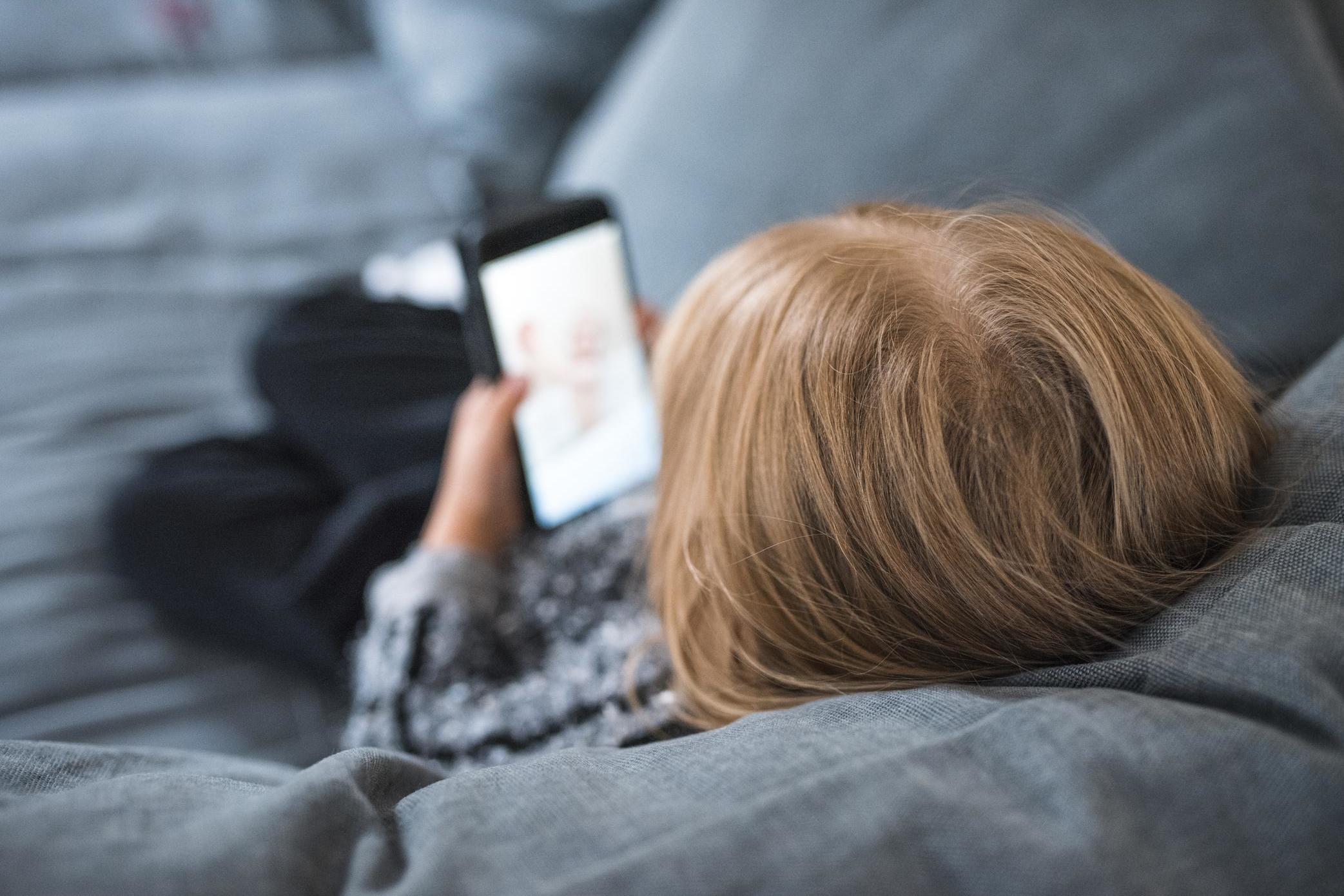The Independent's journalism is supported by our readers. When you purchase through links on our site, we may earn commission.
Smartphones ‘causing mental health problems in two-year-olds’
One hour of screen time a day has been linked to anxiety and depression

Your support helps us to tell the story
From reproductive rights to climate change to Big Tech, The Independent is on the ground when the story is developing. Whether it's investigating the financials of Elon Musk's pro-Trump PAC or producing our latest documentary, 'The A Word', which shines a light on the American women fighting for reproductive rights, we know how important it is to parse out the facts from the messaging.
At such a critical moment in US history, we need reporters on the ground. Your donation allows us to keep sending journalists to speak to both sides of the story.
The Independent is trusted by Americans across the entire political spectrum. And unlike many other quality news outlets, we choose not to lock Americans out of our reporting and analysis with paywalls. We believe quality journalism should be available to everyone, paid for by those who can afford it.
Your support makes all the difference.Spending hours on smartphones and tablet devices has frequently been linked to exacerbating mental wellbeing, but new research claims the damage might start in users as young as two.
After just one hour of screen time, children and adolescents may have less curiosity, lower self-control and lower emotional stability, which can lead to an increased risk of anxiety and depression, claims a US study published in the journal Preventive Medicine Reports.
The researchers found that those aged 14 to 17 are more at risk for such adverse effects, but noticed the correlations in younger children and toddlers, whose brains are still developing, as well.
The study found that nursery school children who used screens frequently were twice as likely to lose their temper.
It also claimed that nine per cent of those aged 11 to 13 who spent an hour a day on screens were not curious in learning new things, a figure which rose to 22.6 per cent for those whose screen time was seven hours a day or more.
Authors Professor Jean Twenge, of San Diego State University, and Professor Keith Campbell, of the University of Georgia, said: "Half of mental health problems develop by adolescence.
"Thus, there is an acute need to identify factors linked to mental health issues that are amenable to intervention in this population, as most antecedents are difficult or impossible to influence.
"Compared to these more intractable antecedents of mental health, how children and adolescents spend their leisure time is more amenable to change."
Both are urging parents and teachers to reduce the time children spend online, playing video or watching television in a bid to combat this.
The National Institute of Health claims that young people spend an average of five to seven hours on screens in their spare time.
Twenge, who has written extensively about the issues smartphone usage poses for children, advises implementing a limit of two hours.
The study includes data on more than 40,000 children aged two to 17 in the US, provided by parents for a nationwide health survey in 2016.
Join our commenting forum
Join thought-provoking conversations, follow other Independent readers and see their replies
Comments